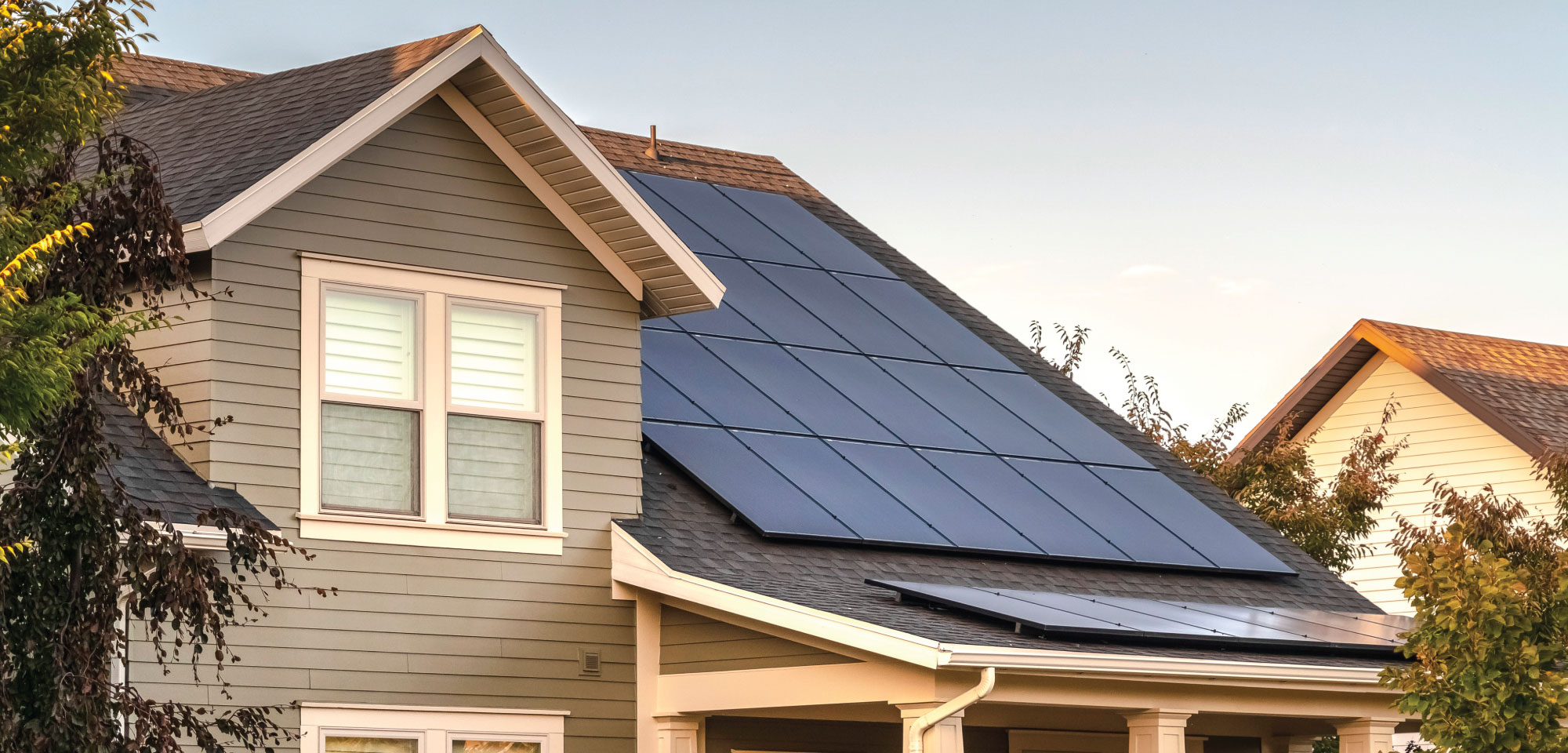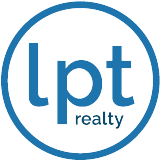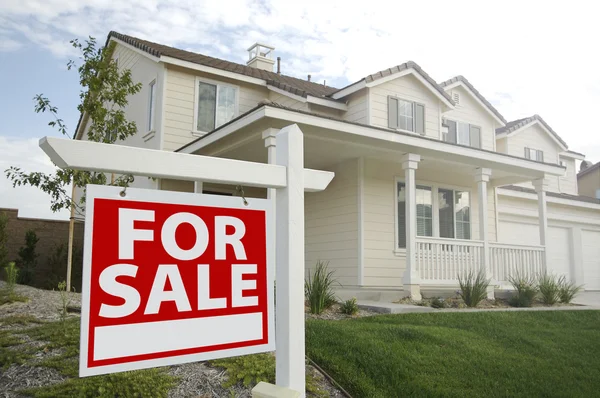

Understanding Title Insurance
What is title insurance? Newspapers refer to it in the weekly real estate sections and you hear about it in conversations with real estate brokers. If you’ve purchased a home you may be familiar with the benefits of title insurance. However, if this is your first home, you may wonder, “Why do I nee
Read More

Condominium and PUD Ownership
Builders, in an effort to combat the dual problem of an increasing population and a declining availability of prime land, are increasingly turning to common interest developments (CIDs) as a means to maximize land use and offer homebuyers convenient, affordable housing. The two most common forms of
Read More

Making a Good First Impression
If you want buyers to be interested in your home, you need to show it in its best light. A good first impression can influence a buyer both emotionally and visually, thus prompting them to make an offer. In addition, what the buyer first sees is what they think of when they consider the asking pric
Read More

Exploring the Pros and Cons of Installing Solar Panels on Your Home
When considering the installation of solar panels on your home, it's important to weighthe advantages and disadvantages of this eco-friendly and energy-efficient option. As arealtor, I've witnessed firsthand how solar panels can positively impact the sale of ahome. In this blog, we'll explore the a
Read More
Categories
Recent Posts









